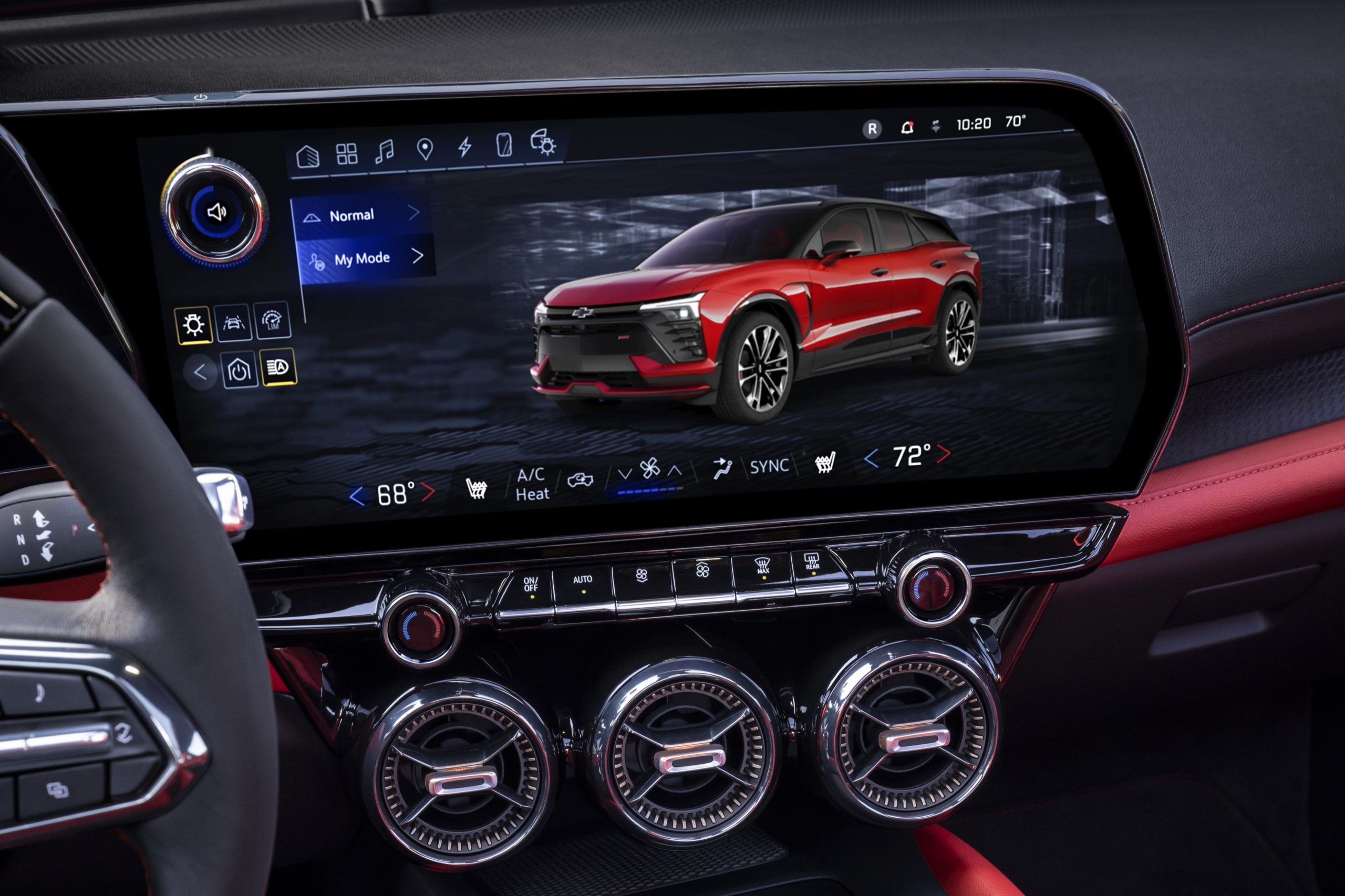
GM scraps Apple CarPlay and Android Auto to sell more subscriptions

Apple users are losing out, as GM’s Android Automotive infotainment system will not include CarPlay on its EVs from 2024 /Chevrolet
General Motors has revealed its plan to scrap Android Auto and Apple CarPlay smartphone connectivity from its electric vehicles. However, Go


Comments
Ready to join the conversation?
You must be an active subscriber to leave a comment.
Subscribe Today